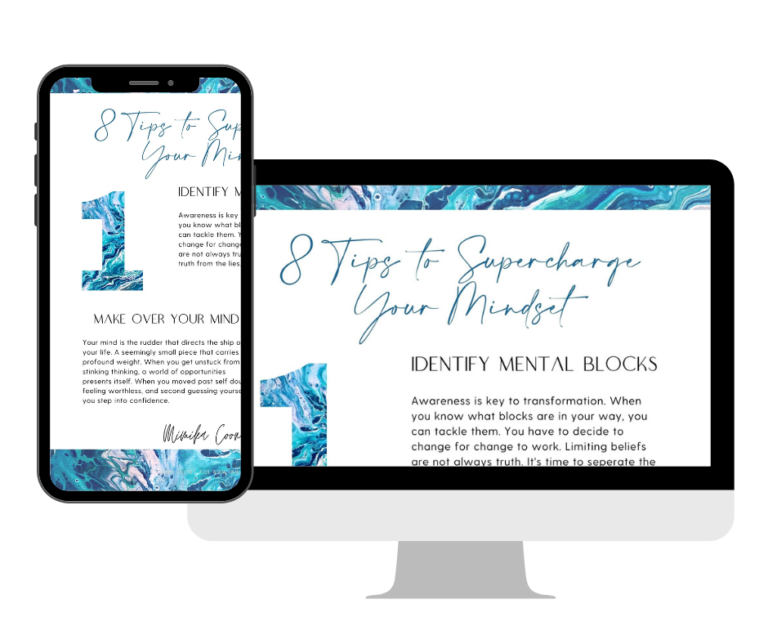Is “no” a word you have trouble saying?
Do you find yourself agreeing to everything others throw your way?
Are you feeling weighed down and overwhelmed with all the things you have said “yes” to?
If you relate to these questions … you are a “yesaholic.”
Maybe you were raised to say “Yes Ma’am and Yes Sir” when others gave a direction.
Perhaps you were taught it’s only polite to be courteous and helpful when others are in need.
This is all well and good, until the load you are carrying becomes too much to bear. You become mentally, emotionally, spiritually, and even physically burnt out.
Not only is it possible, but it’s also probable that things will fall apart if you don’t allow yourself to say “No” to carrying burdens that aren’t yours to carry.
God believes in tasks and processes to be with excellence, and it’s hard to do if you’re overloaded and pressed for time and energy.
While God made you strong and able to take on a great multitude of tasks without even getting a hair out of place, He also designed balance.
Learn how to tap into the power of “No,” with today’s latest podcast.
Listen in and be inspired!
Are You a Yesaholic? Breaking the People-Pleasing Syndrome
Understanding the Yesaholic
Everyone wants to make people around them happy. But often, we become “yesaholics,” saying yes to everything and everyone, sacrificing our own needs in the process. This constant need for approval and fear of disappointing others can lead to burnout, affecting our physical and emotional well-being.
The Dangers of Being a People-Pleaser
-
Personal Experience: I’ve been there. Running on empty, trying to satisfy everyone’s expectations, I ended up in a state of exhaustion. Pushing past personal limits and not addressing underlying issues can be detrimental.
-
Leadership and Expectations: Those in leadership positions feel the pressure to have it all together. Yet, beneath the facade, there’s a battle, a struggle to maintain the perfect image.
Tracing Back the Roots
Our habits, especially those of seeking validation, are often rooted in our childhood. Personal experiences, family dynamics, and societal expectations shape us. For some, like me, the need for approval comes from facing challenges like bullying, parental expectations, or dealing with volatile family situations.
-
Emotions and Past Traumas: Emotional traumas from childhood can linger. Our experiences and feelings don’t have expiry dates; they influence our adult lives.
-
The Power of Rejection: Whether you’re 8 or 80, if you’ve ever felt rejection, those feelings can manifest in various ways throughout life. Addressing and uprooting these feelings is essential.
The Role of Faith
For many, faith can be a guide. Shifting from seeking approval from people to seeking alignment with a higher purpose or divine guidance can be liberating.
The Significance of Inner Healing
-
Emotional and Mental Health: It’s essential to address and heal internal wounds. Often, unresolved issues manifest as mental health challenges or even physical ailments.
-
Breaking the Cycle: Many of us carry the burdens and habits passed down through generations. By addressing our issues, we can break the cycle and prevent the perpetuation of unhealthy patterns.
Conclusion and Takeaways
Being a “yesaholic” or a people-pleaser can be draining. It’s crucial to:
-
Recognize the signs of burnout and address them.
-
Understand and trace back the roots of our people-pleasing tendencies.
-
Prioritize inner healing and self-awareness.
-
Lean on faith or a higher purpose for guidance.
-
Actively work towards breaking negative generational cycles.
Embrace self-care and make decisions that align with your well-being. Remember, it’s okay to say no!





